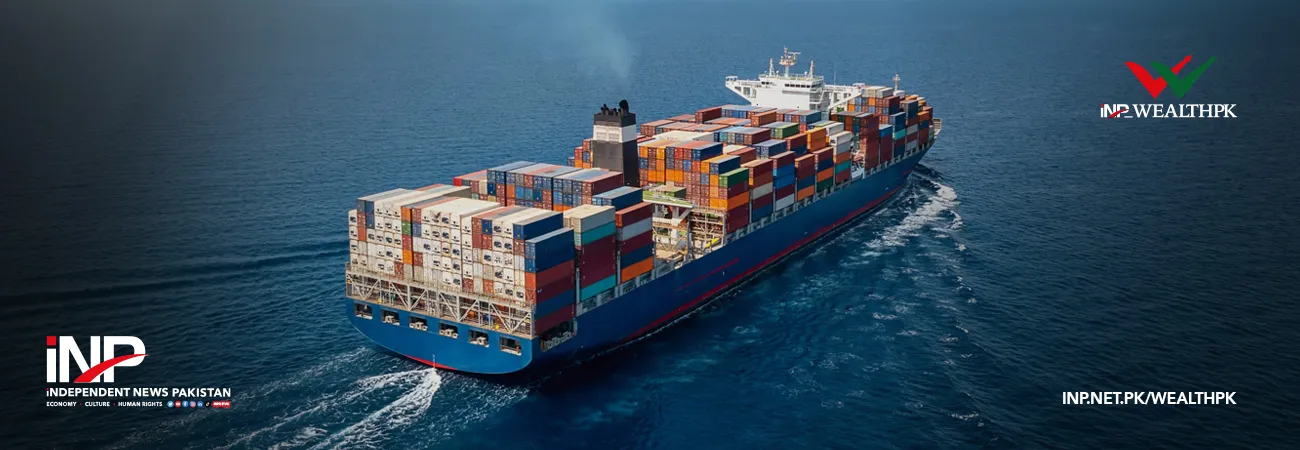INP-WealthPk
Ahmed Khan Malik
The Pakistan National Shipping Corporation (PNSC) is working on a plan to develop its fleet in order to enhance its operations, reports WealthPK. The corporation is engaged in the business of shipping, including the charter of vessels, transportation of cargo and other related services and providing commercial, technical, administrative, financial and other services to its subsidiaries and third parties in relation to the business of shipping. The federal government holds 89 percent shares of the corporation. The corporation has two major business segments: dry bulk cargo and liquid bulk cargo. Under the dry bulk segment, the corporation owns five bulk carriers. The liquid bulk segment has a fleet of seven double-hull tankers. During FY2022-23, the corporation’s revenue increased by 97 percent on year-on-year basis (YoY) to clock in at Rs54.7 billion, while profitability recorded an increase of 431 percent YoY to clock at Rs29.9 billion. The corporation also sold one of its vessels during FY23, which had completed its life span.
The oil tanker segment is the largest revenue contributor, with 70 percent share in total revenue. This segment witnessed a tremendous growth of 203 percent YoY in revenue during FY23. The corporation has received formal approval from the board for the fleet development plan under which it will acquire new vessels/ships that will positively impact its performance, an official document says. According to the plan, the management intends to include two vessels of Aframax tankers, MR tankers, Kamsarmax bulk carriers, edible oil tankers, and container feeder vessels each. The corporation is actively overseeing various aspects of the vessels, including their age, rapid technological advancements, and cost in order to identify ideal ships for its fleet. The PNSC will try to fund the project with its own equity but can opt for debt financing, if needed. However, this project will take some time, as the availability of a suitable vessel is a major factor.
The PNSC undertakes international operations by transporting petroleum products from the Middle East to sea ports in Pakistan for domestic consumption and through global carriage of dry bulk commodities on transnational routes. Much of the corporation’s revenue streams are pegged to the international freight indices, inextricably linking the corporation and creating a dependency on the health of the global economy. The PNSC operates internationally and complies with the regulatory requirements of international maritime conventions that have global acceptance and recognition. It is also engaged in streamlining the trade processes, providing amicable solutions to the customers and involving all stakeholders in decision making to strengthen the national fleet and maritime industry of Pakistan.
The PNSC fleet, which shrunk over the years to 12 vessels operating in dry and liquid bulk cargo, has been facing difficulties in operating to its maximum capacity in the seaborne trade. On the other hand, trade restrictions in various countries are severely denting its operational capability. The corporation’s vessels have a lower deadweight capacity compared to the Baltic Standard Supermax, Handymax, Ultramax and Kamsarmax, which represent the global standards for certain deadweight for a specific vessel. The dry global deadweight capacity of Supramax vessel is 58,328 tonnes, whereas the vessels in the PNSC fleet can only carry 52,951 tonnes. Handymax standard stands at 38,000 tonnes, whereas the PNSC has 28,000 tonnes, which deprives the national flag carrier of the opportunities available in the shipping industry.
Credit: INP-WealthPk













